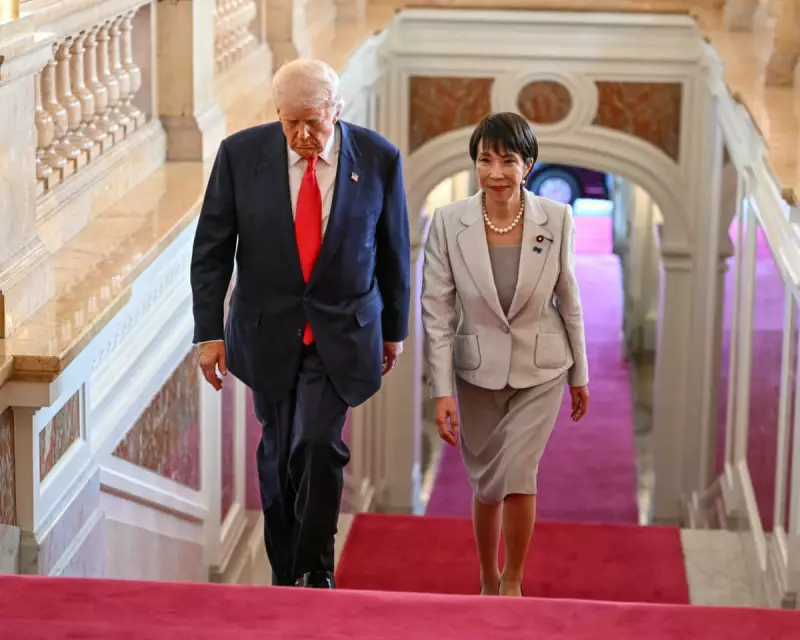
In a significant move that could reshape global technology supply chains, former US President Donald Trump has secured a groundbreaking agreement with Japanese Prime Minister Sanae Takaichi on rare earth minerals. The deal marks a strategic effort to reduce Western dependence on China for these critical components.
A Strategic Shift in Global Supply Chains
The newly announced partnership establishes Japan as a pivotal alternative supplier of rare earth elements - the vital minerals powering everything from smartphones to electric vehicles and military technology. This agreement represents one of the most substantial efforts to date to create a China-independent supply chain for these essential materials.
Breaking China's Dominance
For decades, China has maintained a near-monopoly on rare earth production, controlling approximately 60% of global mining and nearly 90% of processing capacity. This dominance has given Beijing significant leverage in international trade disputes and raised concerns about supply security among Western nations.
The Trump-Takaichi agreement directly addresses these vulnerabilities by leveraging Japan's advanced extraction and processing capabilities. Japan possesses substantial rare earth deposits in its coastal waters and has developed sophisticated recycling technologies to recover these materials from electronic waste.
Economic and Security Implications
This partnership carries profound implications for both economic security and geopolitical dynamics:
- Enhanced security for Western technology manufacturers
- Reduced vulnerability to Chinese export restrictions
- Potential for lower long-term costs through diversified sourcing
- Strengthened US-Japan strategic alliance
The timing of this agreement is particularly significant, coming amid ongoing tensions between the US and China over trade practices and technological competition. Both Trump and Takaichi have emphasised the importance of securing reliable access to these critical materials as essential for national security and economic stability.
Environmental Considerations
While the agreement promises to diversify supply chains, environmental groups have raised concerns about the ecological impact of expanded rare earth mining. Both governments have committed to implementing strict environmental standards, though details remain scarce about specific protection measures.
The partnership includes provisions for developing more sustainable extraction methods and increasing recycling efforts, aiming to balance economic interests with environmental responsibility.
This landmark agreement signals a new chapter in international trade relations and could fundamentally alter the global balance of power in technology manufacturing for years to come.





